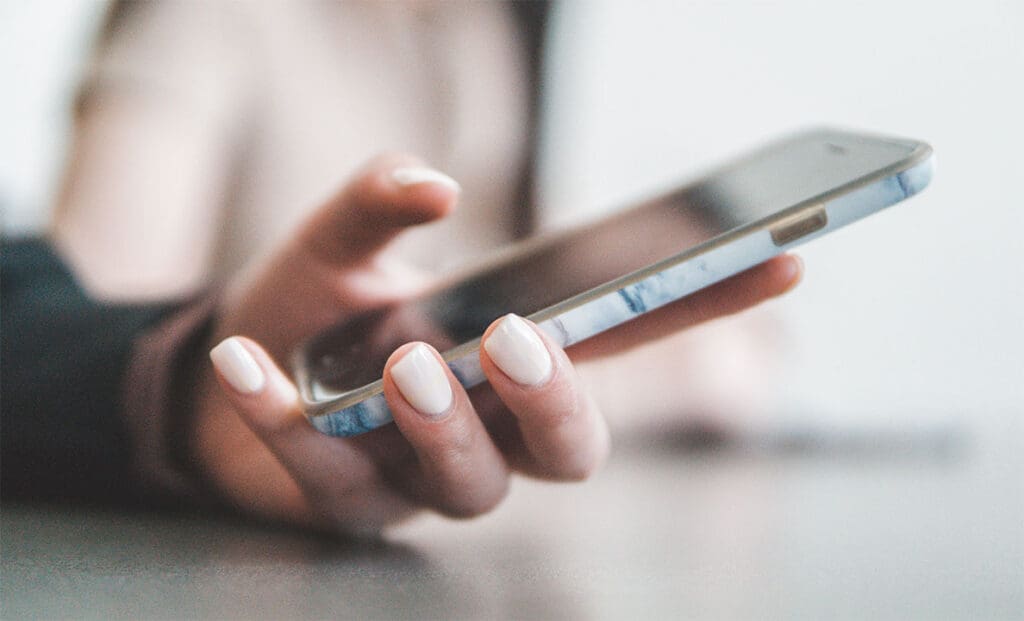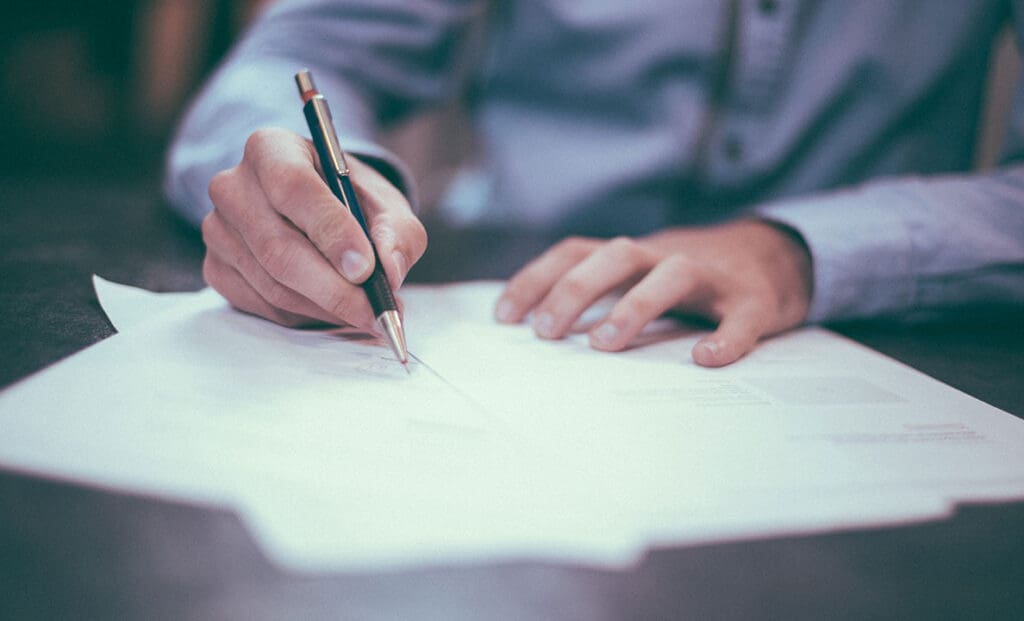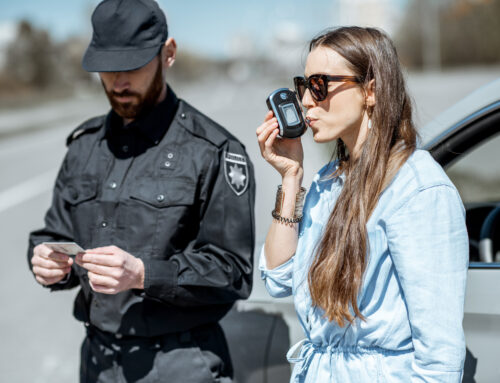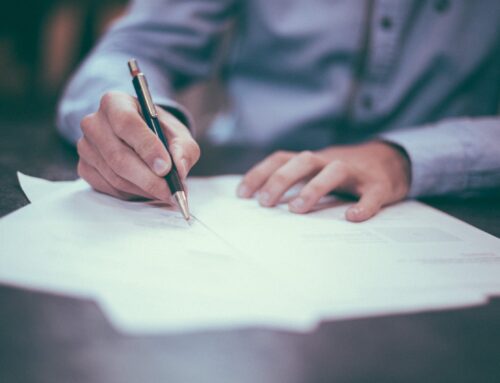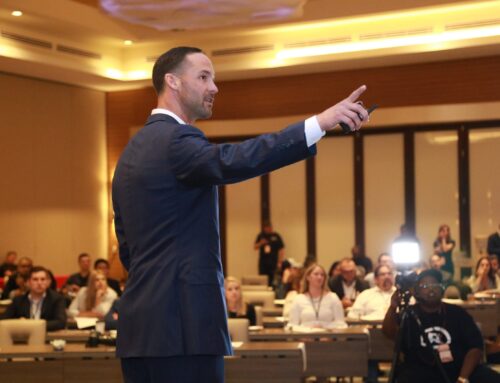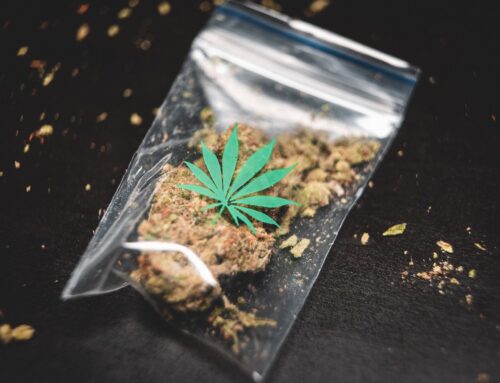Hi, I’m Gene Anthes, Partner at GBAFirm.com and ParoleLaw.com. I wanted to take a quick minute to talk to you about what to do if the police start talking to you.
So let’s just say, for example, the police call you out of the blue and want to talk to you about something, and it sounds bad over the phone. They’re doing some kind of investigation or your name was brought up in some other – having to do with some other kind of criminal incident. What should you do?
The first thing is, be polite. Be very respectful to the officer. ‘Yes, ma’am. No, ma’am. Yes, sir. No, sir’. Get the officers contact information, get the force that they work with and then say, ‘I’d love to talk to you’. You want to come off that you’re being very cooperative, and then go call a lawyer. You need to sit down with a lawyer and go over the facts of the case to decide whether you should actually talk to the police officer. It may turn out that talking to the police officer is the best thing to do. But remember, police officers can and will lie to you in order to get evidence from you. If they want to talk to you, whether it’s over the phone or they actually want to sit down in person, they can lie to you and everything’s being recorded. It’s possible that everything you say can be used against you. It’s only when you speak to a lawyer that you know whether you should actually go forward and talk to a lawyer.
When I have clients that come and talk to me because of police officers reaching out to them, I typically charge them an hourly rate. I reach out to the police officer, try to find out what the case is about and then we decide, the client and I, whether we should actually go talk to the police officer. For example, sometimes a police officer will want a client to submit to some kind of testing. We need to find out what my client is being accused of before we agree to those kinds of testing. Occasionally I have an officer who wants my client to take a polygraph exam. I would never advise that a client take a polygraph exam without doing a polygraph exam with my personal polygraph examiner first.
Initially, though, if you get that call from that police officer, you want to come off as being respectful, polite and cooperative. Take their information, and then go sit down with a lawyer. I can tell you that I’ve actually personally represented police officers who have shot someone in line of service and they reached out to me to talk to them about their case. If a police officer who legitimately shot someone in their line of service is talking to a lawyer, you can be darn sure that you should also be talking to a lawyer if a police officer is calling you wanting to get some questions from you about a specific incident. Hopefully it’s just a couple of hours of work and nothing big comes of it.
If you have any questions about what to do if a police officer calls you, reach out to me at GBAFirm.com. We’re here if you need us, we hope you never do.

